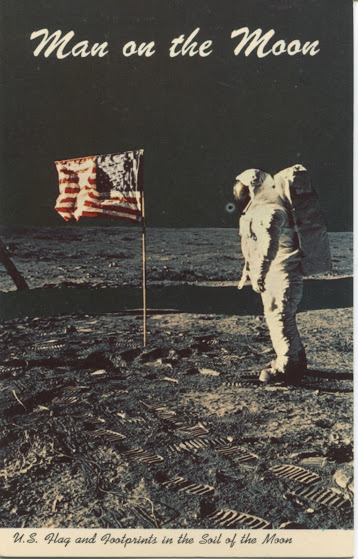When seeking entertainment, it's not entirely fair, I know, to have to consider a literary definition first -- but if you haven't yet fallen for the Mary Russell/Sherlock Holmes series by Laurie R. King, which marks 30 years in 2024, you'll benefit from the definition of pastiche: "A pastiche is a work of visual art, literature, theatre, music, or architecture that imitates the style or character of the work of one or more other artists. Unlike parody, pastiche pays homage to the work it imitates, rather than mocking it."
There are many books that wear the pastiche label with pride. Perhaps the largest group of them is made up of books that take Sherlock Holmes into new cases (and there are some now that work from the original minor character of his landlady, too, which I find fascinating). A Holmes aficionado may decline to read such books — they're not written by the long-dead A. Conan Doyle, and even the best of them can't entirely match Doyle's style and tongue.
But New York City's The Mysterious Bookshop, which described itself as the oldest mystery bookshop in the world, devotes almost as much shelf space to Holmes pastiche and parodies as it gives to the original works. I share this photo from the shop's Facebook feed (thank you, Otto Penzler and team) to make the point:
 |
| Relevant bookshelves at The Mysterious Bookshop. |
So I'm far from alone in treasuring Laurie R. King's lively series. This year King brings us THE LANTERN'S DANCE, and expands the art of pastiche into new Holmesian terrain: the childhood of the great sleuth, and its harsh conflicts and puzzles.
For the most part, King's series has reflected mostly the point of view of Mary Russell, who meets Holmes when she's in her teens and he is old enough to retire—but, as Holmes readers know, such idleness (even leavened by his hobby of beekeeping) won't suit the sleuth, and in fact would plunge him into the dangerous waters of drug use, his shelter when he's bored.
So in King's hands, Holmes and Russell find each other's deepest needs met by first a mentoring relationship, then friendship, and finally marriage. The most recent books of the series have revealed the surprise that Holmes has a son, Damian Adler. Holmes hadn't realized that his "one woman" from the original work, Irene Adler, became pregnant in their affaire. The simple reason is, Irene didn't allow him to know! In adulthood, Damian needed Holmes's assistance and broke through the secrecy that had separated them ... but didn't, of course, reveal all.
As THE LANTERN'S DANCE opens, Holmes and a slightly handicapped Russell (sprained ankle) arrive at Damian's home in France, where they expect to spend time with him, his daughter, and the petite and intelligent Scottish doctor he's soon to marry. Alas, the housekeeper and her husband inform the arriving couple that the Adler "family" has decamped. The reason is quickly clear: Someone broke into their home while they were asleep, and the level of threat shocked them.
Challenges multiply: Holmes, of course, must protect his newly established family from the threat -- but is this a threat due to something in Damian's past, or an enemy of Holmes himself, or an effort to pressure his brother Mycroft? As he races off to apply his considerable skills of disguise and investigation, Russell is left behind at the Adler home and discovers a coded manuscript that calls on all of her linguistic and scholarly background to determine what it says and, most importantly, what it means, for Holmes, Damian, and herself.
As a pastiche, the book is cleverly done and probes the birth family of the mythical sleuth; language and customs are well matched to the historical period, and King has reached a superb level of narrative. The familial mysteries that unfold (including in India!) fit well with the original Holmes, and are intriguing and quirky. As a novel, its biggest challenge is the author's decision to use three narrators: Russell, Holmes, and the woman who penned the discovered manuscript. Although they are clearly delineated, this device keeps the action mostly at the surface because there just isn't enough time within the "speech" any of the three voices to dip into the emotional quandaries that King has explored in some earlier books.
Nonetheless, for any reader of the series, this is a must-have addition. Those just starting an acquaintance with Mary Russell should probably go back a few titles—maybe not all the way to The Beekeeper's Apprentice, but at least to the closely knit titles The Language of Bees and The God of the Hive, to make best sense of the importance of the events in this new volume.
My personal favorites of the series are The Moor, O Jerusalem, and Justice Hall, and I recommend those to anyone dabbling in King's river of pastiche and her insight into how a young woman might best partner such a difficult yet rewarding spouse as the great Sherlock Holmes. Each of these also brings me much pleasure and education as I continue to work at the writer's craft myself.
THE LANTERN'S DANCE has a February 13, 2024, release date. Don't judge it by the simple cover, or by the cryptic title. There's a very enjoyable read, within.









